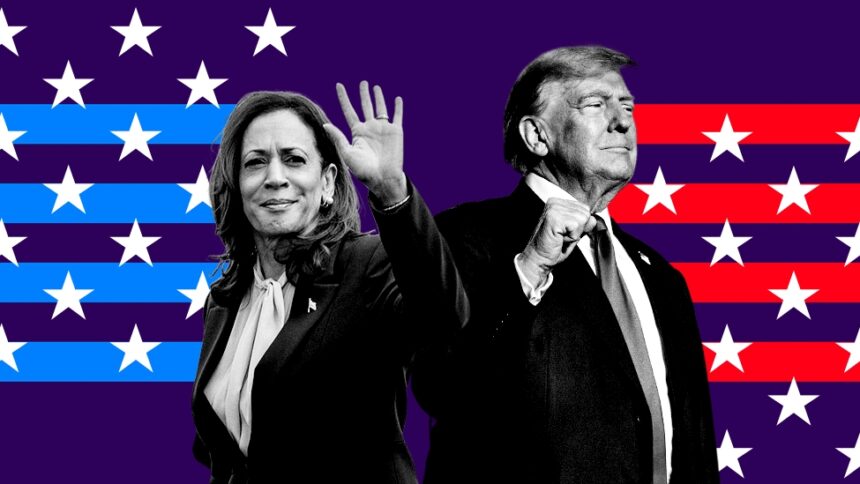The 2024 US election could reshape global markets. Discover which ones may soar or slump based on fiscal policies and geopolitical shifts.
How electoral outcomes shake global markets
The United States elections are among the most significant events for global financial markets. The electoral outcome can trigger substantial movements in stock exchanges, the bond market, currencies and commodities, as the policies of the next president will have direct effects on the economy. From the perspective of an investor, stock analyst or economic journalist, this event can radically change the course of certain sectors and the market in general.
Fiscal policies and regulations
One of the most important aspects affecting markets after an election is the incoming government’s fiscal policy. Republicans, like Donald Trump, tend to favour tax cuts and deregulation, boosting expectations of business growth, especially in sectors such as oil, defence and banking. This was evident in 2016 when, following Trump’s victory, stock markets quickly rebounded due to expectations of an expansionary fiscal policy.
On the other hand, Democrats, represented this time by Kamala Harris, promote more progressive fiscal policies, with a greater emphasis on public spending and a possible tax increase for corporations and higher incomes. This could generate uncertainty in some sectors, such as finance and energy, but would benefit others, such as renewable energy and healthcare.
Monetary policy and relationship with the Federal Reserve
Monetary policy also plays a crucial role. Although the Federal Reserve (Fed) is independent, the US president can influence its composition through nominations for its board of directors. A president who favours low interest rates, like Trump, could exert pressure for the Fed to maintain a more expansive policy. This could benefit the stock market in the short term, but in the long term, it could create inflationary pressures that negatively affect bond values.
In contrast, Harris would likely lean towards a more moderate fiscal policy with stricter inflation control, which could imply a less interventionist Fed. This could stabilise Treasury bond yields, generating less volatility in financial markets.
Infrastructure spending and strategic sectors
Depending on the winner, certain key sectors will be favoured. Trump would continue to support traditional sectors such as oil and defence, as he did in his first term, benefiting companies related to fossil fuels and defence contractors. On the other hand, Harris would favour renewable energy and electric vehicles, aligning with the Green New Deal and a progressive environmental agenda. This would boost clean energy companies like Tesla, SolarEdge, and SunPower.

Geopolitics and international trade
Foreign policy is another key turning point. Trump’s protectionist policies could lead to trade tensions, especially with China and the European Union. This would generate volatility in global markets, particularly affecting emerging markets. In contrast, Harris would likely seek a more cooperative policy open to international trade, which could reduce geopolitical risk and stabilise global supply chains, benefiting multinational companies.
Impact on the currency and commodities market
The dollar could strengthen with a Trump victory, especially if he continues to promote expansionary fiscal policies. However, an aggressive approach to trade could generate pressures on emerging market currencies. Conversely, Harris could create a more stable environment in the currency market, with less appreciation of the dollar if her administration adopts a more moderate approach to fiscal policy.
Regarding commodities, a Trump government would boost oil prices, while Harris would likely favour a transition to clean energy, generating demand in commodities linked to green technologies, such as lithium and copper.
US elections profoundly affect financial markets. If Donald Trump wins, sectors such as oil, defence, and banking are likely to see a boost, while a Kamala Harris victory would benefit renewable energy, healthcare, and clean technologies. Investors will need to adjust their portfolios depending on the outcome, as each scenario presents distinct opportunities and risks.




